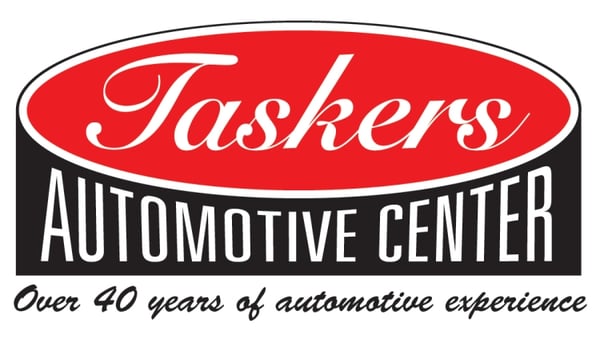In our experience, for every engine problem related to changing oil, we see 100 times the problems related to the cooling system.
While you often hear how important it is to change your oil every 3,000 miles, you don’t hear enough about how important it is to cleanse, change and maintain your cooling system. If you don’t change your coolant, it will eventually change from a corrosion inhibitor to a corrosion accelerator.
